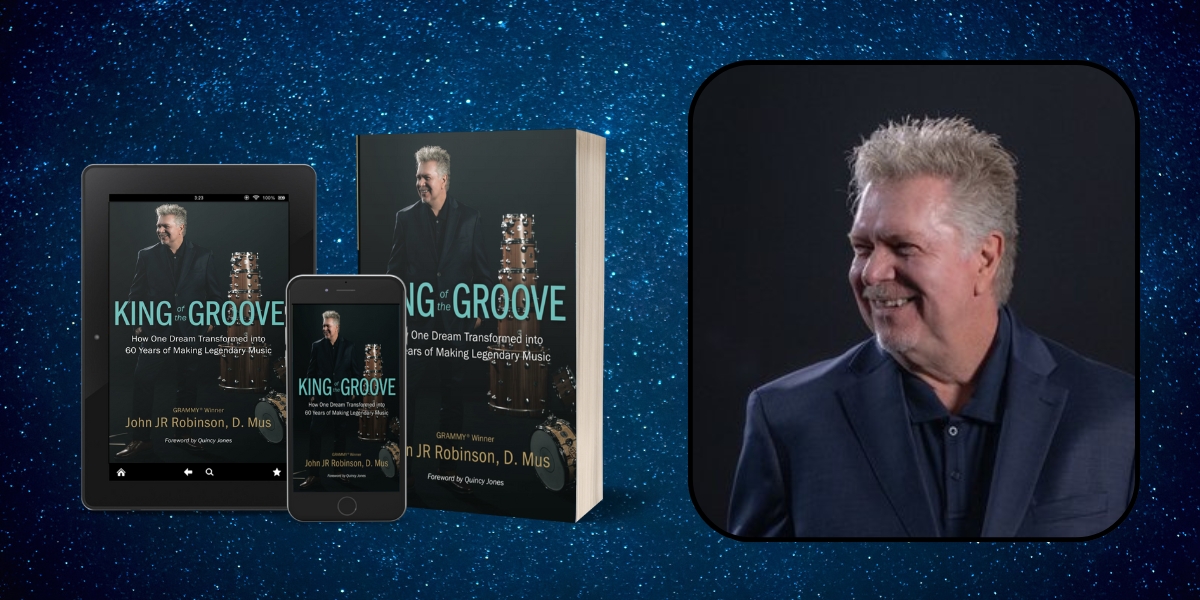By: Jason Gerber
Often one finds oneself between the “internal and external tensions”, as Raymon Rivera in his book Liberty to the Captives calls it, drawing the correlations between individual fulfillment and collective spirituality. The dilemma of the kingdom of God and the kingdom of man – how should the two powers engage? The connection between religion to politics, of religion with societal laws, the Scripture suffices in provision.
Maximalist Christianity is a term that can describe an approach to faith that emphasizes the fullness and richness of Christian life in all its aspects. Unlike minimalism, which focuses on simplicity and the elimination of excess, maximalist Christianity embraces abundance in spiritual practice, community engagement, and the expression of faith.
Maximalist Christianity thrives on a vibrant tapestry of practices.
- Worship explodes with joyful music, passionate prayer, and celebratory gatherings that overflow with the joy of faith. Deep devotion is nurtured through frequent prayer, extensive Bible study, and active participation in church traditions and sacraments.
- Believers are deeply woven into their faith communities, actively contributing time, talents, and resources to church activities and outreach programs.
- Hospitality and fellowship are pillars, creating a welcoming environment with communal meals, social events, and a strong sense of belonging.
- Generosity is a cornerstone, with believers giving abundantly to the church, missions, and social causes.
- Finally, acts of service are a defining characteristic, as followers answer Jesus’ call to love and serve by volunteering, supporting community projects, and advocating for justice and compassion.
This maximalist approach fosters a dynamic and impactful expression of Christian faith. They offer a vibrant array of ministries, from dynamic Sunday services to Bible studies and youth programs.
Balancing Maximalist Christianity with Minimalism
Balancing maximalist Christianity with minimalism might seem paradoxical, but it’s possible to harmonize the richness of faith with the simplicity of lifestyle. Here’s a guide on how to achieve this balance:
Focus on Spiritual Abundance, Not Material Excess
To create a peaceful environment conducive to spiritual growth, embrace a life of simplicity. Focus on quality over quantity when it comes to your material possessions. Keep only what serves a purpose, brings beauty, or holds deep meaning to you.
Remember, true spiritual richness doesn’t require material abundance. Cultivate a rich and vibrant spiritual life through a combination of deep devotion and active engagement.
Immerse yourself in prayer, Bible study, and the joy of dynamic worship. Instead, prioritize the enrichment of your spirit while maintaining a simple and uncluttered physical space.
Practice Intentional Living
Engage actively with your church and community by contributing your time and skills. Seek out service opportunities that align with your values and avoid burnout by making intentional choices.
Prioritize activities that bring joy and reflect your core values, letting go of those that cause stress.
Cultivate Deep Relationships
Foster a vibrant network within your church and community! Invest time in building strong relationships and offering mutual support in your faith journey.
Organize gatherings or join potlucks to deepen bonds and share life’s tapestry with one another. Remember, quality trumps quantity.
This intentional approach allows you to truly connect and nurture the relationships that matter most.
Serve Generously with a Simple Heart
Live a life of generous service, inspired by Christ’s compassion. Share your time, talents, and resources with those in need, participating in charitable activities and supporting your church’s mission.
Let your generosity flow from a place of contentment and simplicity. Practice mindful consumption and avoid accumulating excess. True wealth lies not in material possessions but in enriching relationships and experiences.
Find joy in serving others, and let your generosity be a reflection of your faith.
Engage with Culture Mindfully
Embrace culture as a vibrant tapestry woven from art, education, and open dialogue. Actively participate to promote positive change and reflect the values of your faith. Seek out cultural activities that enrich your understanding and expression of belief.
Be mindful, however, in your selections. Choose experiences that align with your values and contribute to spiritual growth. Limit exposure to negativity that doesn’t support a simple and meaningful life.
Balancing maximalist Christianity with minimalism involves embracing the richness of faith while practicing simplicity in everyday life. By focusing on spiritual abundance, intentional living, deep relationships, generous service, and mindful cultural engagement, you can harmonize these seemingly opposing approaches. This balance allows you to experience the fullness of a vibrant Christian life without the burden of material excess, leading to a more peaceful, purposeful, and spiritually enriched existence. If you are interested in exploring more about practicing a deeply fulfilling Christian life, check out Raymond Rivera’s Liberty to the Captives: Our Call to Minister in a Captive World and dive deep into how Christian values are a beacon of hope during uncertain times. Get your copy from Amazon today! Also available at Abe Books now.
Published By: Aize Perez






